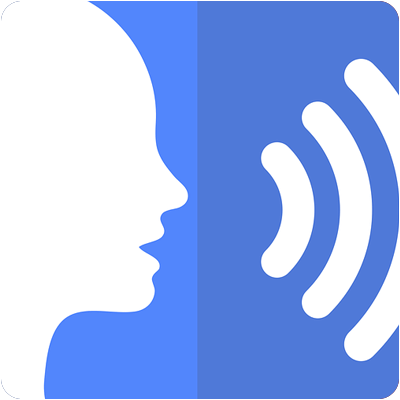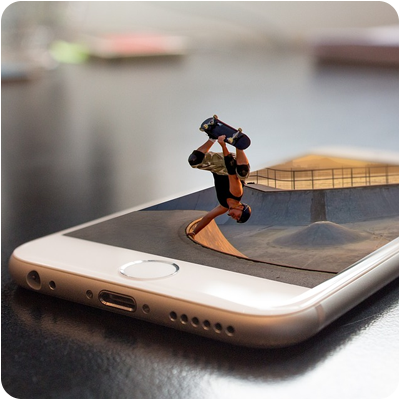Het arrangement Having a mobile phone - hv3 is gemaakt met Wikiwijs van Kennisnet. Wikiwijs is hét onderwijsplatform waar je leermiddelen zoekt, maakt en deelt.
- Auteur
- Laatst gewijzigd
- 29-06-2025 17:46:53
- Licentie
-
Dit lesmateriaal is gepubliceerd onder de Creative Commons Naamsvermelding-GelijkDelen 4.0 Internationale licentie. Dit houdt in dat je onder de voorwaarde van naamsvermelding en publicatie onder dezelfde licentie vrij bent om:
- het werk te delen - te kopiëren, te verspreiden en door te geven via elk medium of bestandsformaat
- het werk te bewerken - te remixen, te veranderen en afgeleide werken te maken
- voor alle doeleinden, inclusief commerciële doeleinden.
Meer informatie over de CC Naamsvermelding-GelijkDelen 4.0 Internationale licentie.
Aanvullende informatie over dit lesmateriaal
Van dit lesmateriaal is de volgende aanvullende informatie beschikbaar:
- Toelichting
- Deze les valt onder de arrangeerbare leerlijn van de Stercollecties voor Engels voor havo en vwo, leerjaar 3. Dit is thema 1 'Me and my phone'. Het onderwerp van deze les is: Having a mobile phone. In deze les worden aspecten over mobiele telefoons besproken zoals soort telefoon, functies, kosten, voor- en nadelen en internet. Daarbij wordt ook een telefoonverslaving besproken. De grammaticaopdracht bespreekt de simple past and present Perfect, met daarbij de onregelmatige werkwoorden to be, to beat, to become en to begin.
- Leerniveau
- HAVO 3; VWO 3;
- Leerinhoud en doelen
- Engels;
- Eindgebruiker
- leerling/student
- Moeilijkheidsgraad
- gemiddeld
- Studiebelasting
- 1 uur 40 minuten
- Trefwoorden
- arrangeerbaar, engels, having a mobile phone, hv3, mobiele telefoons, present perfect, simple past, stercollectie, telefoonverslaving
Gebruikte Wikiwijs Arrangementen
Leermateriaal, StudioVO. (z.d.).
Me and my phone hv123
VO-, content. (z.d.).
BLOKKEN TEMPLATE - h45













